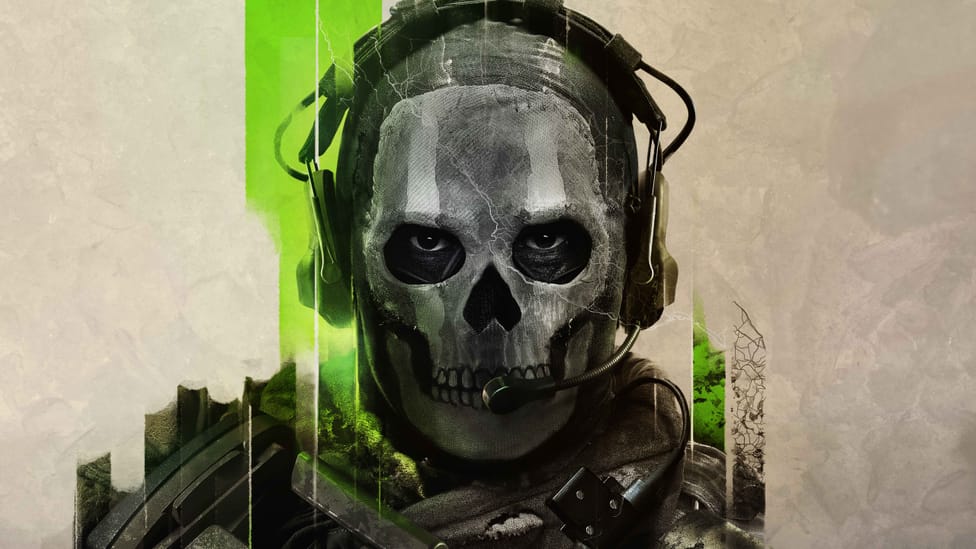
Microsoft has finally bought Call of Duty maker Activision-Blizzard. So what now?
A deal two years in the making - with a big impact on the gaming landscape
Remember back in GCSE history when they taught you about Microsoft’s proposed bid to buy Activision Blizzard, some time in, ooh, the early 12th century? Well that deal’s finally been completed.
Ok, it feels like that long but it’s actually been two years. Why did it take so long? Because several governing bodies had monopoly concerns. The UK's Competition and Markets Authority (CMA) and the US Federal Trade Commission both put up blockers to the deal.
Microsoft won its court case against the FTC back in July 2023, but still had the CMA to contend with until an agreement was reached in October 2023. The successful completion of the $68 billion deal was announced hours after the CMA gave its approval.
So, what actually happens now?
In the simplest terms, Microsoft now owns the rights to a lot of really big, really profitable IPs like Call of Duty from the Activision fold, Diablo and Overwatch from Blizzard, and Activision’s mobile publisher King Games. You know - that lot who make Candy Crush.
If there are any furrowed brows about this from gamers - and there are - it’s because Microsoft’s a console platform holder. It’s in the company’s interests to release as many exclusive first-party games on Xbox consoles as possible to entice us away from PlayStation.
However, we haven’t caught a whiff of that happening with Microsoft’s latest bushel of acquired games - the green team agreed a 10-year deal with Sony to keep Call of Duty on both consoles earlier this year.
There’s also the matter of controversial Activision-Blizzard CEO Bobby Kotick. With the deal now complete, it’s been announced that Kotick will step down as CEO after 33 years in January 2024.
When it comes to game development and exclusivity though, we'll have to wait and see what Microsoft has planned. Best case scenario, we get some new games carrying classic licenses like Zork, Gun, and criminally unsung vehicular combat game Interstate ‘76. Worst case scenario: a bunch of beloved modern franchises become Xbox-exclusive.
There’s also the possibility of further, erm, ‘discussion’ between Microsoft and the FTC, even with the deal having gone through.
Top Gear
Newsletter
Thank you for subscribing to our newsletter. Look out for your regular round-up of news, reviews and offers in your inbox.
Get all the latest news, reviews and exclusives, direct to your inbox.
"Recent document filings suggest the FTC means to continue its examination/challenge of the deal,” games industry lawyer Richard Hoeg told Eurogamer after Microsoft secured approval from the CMA. “But unlike other jurisdictions like the EU and UK, the US regulatory agencies do not get a veto."







